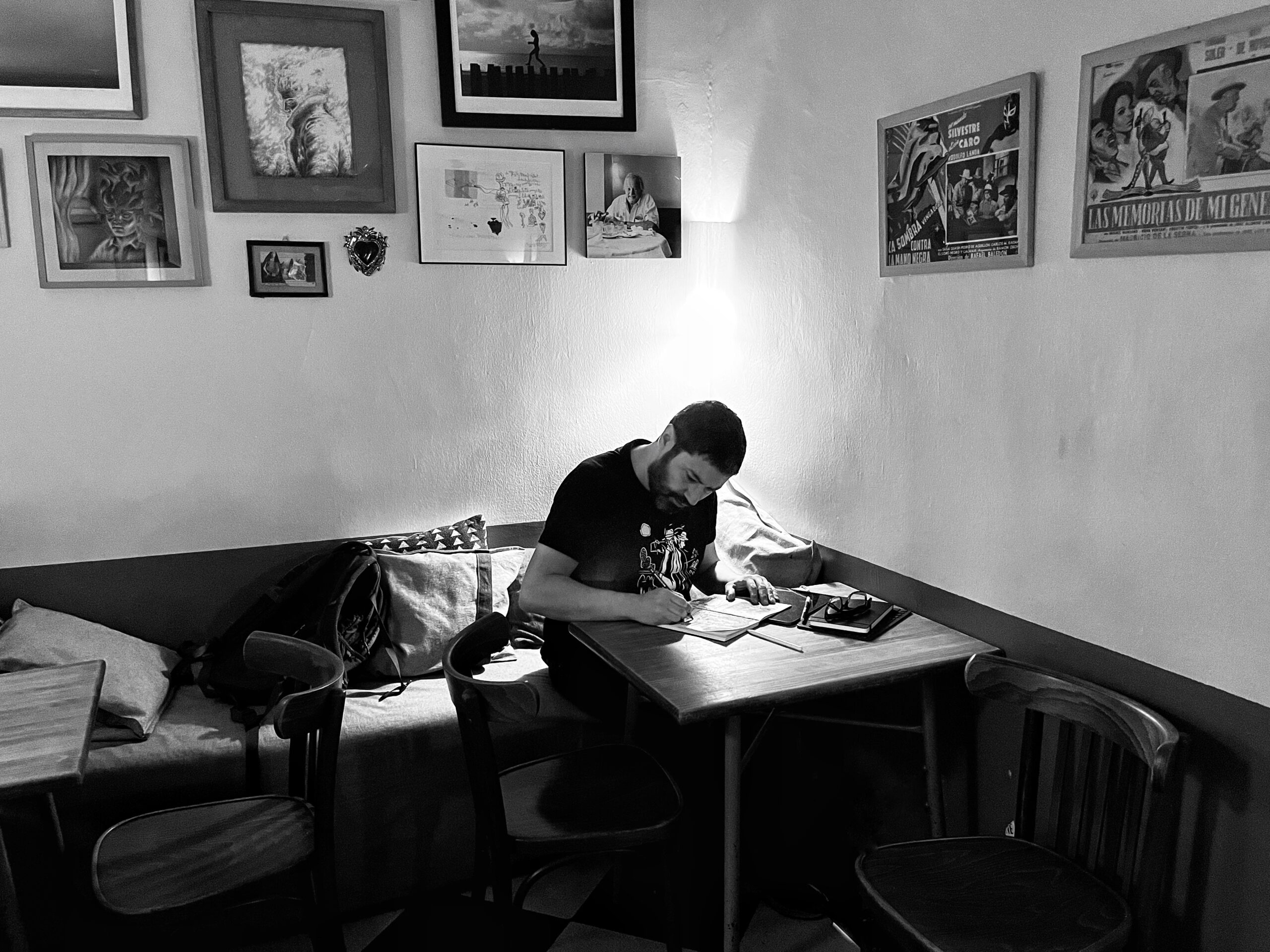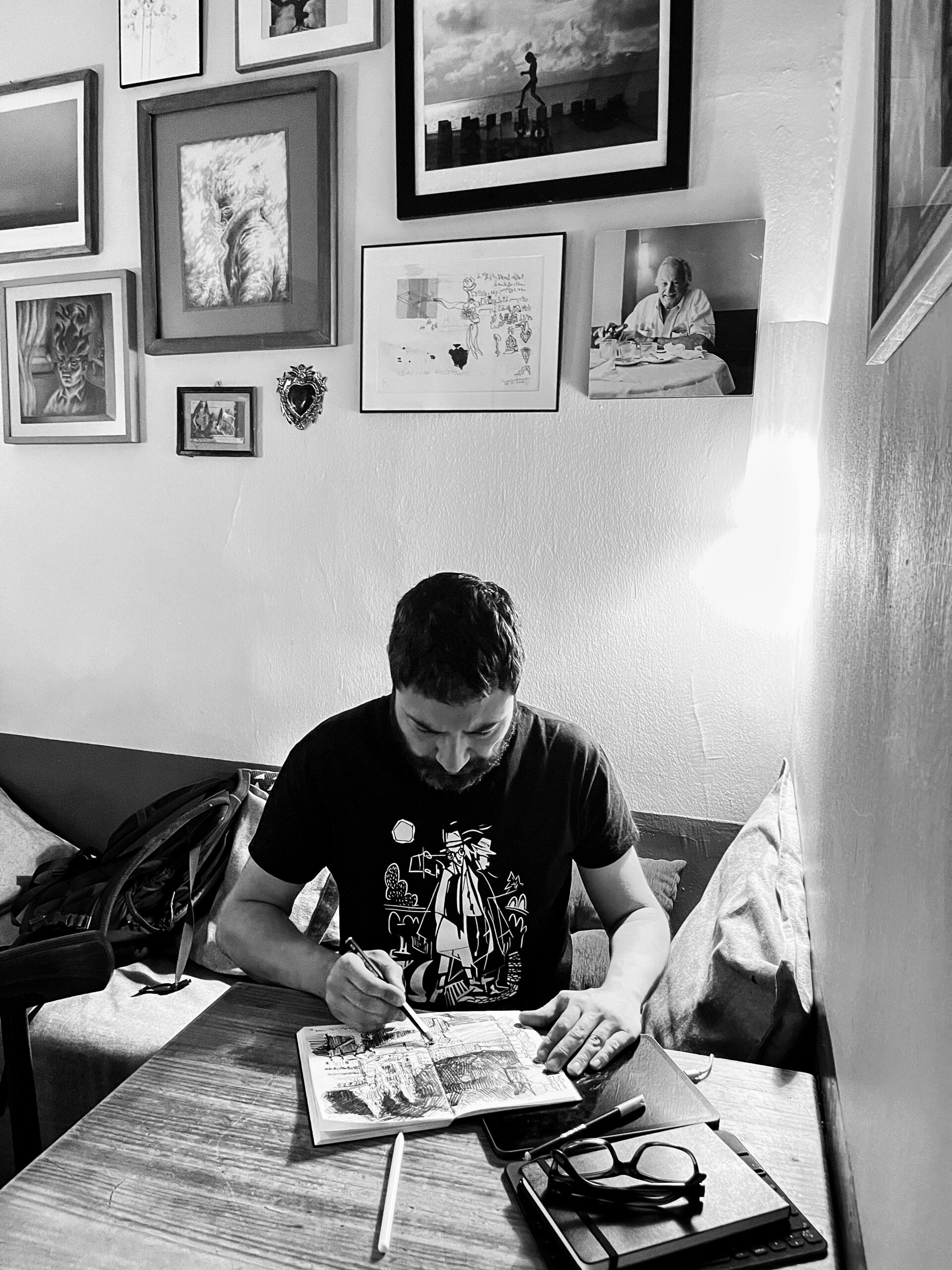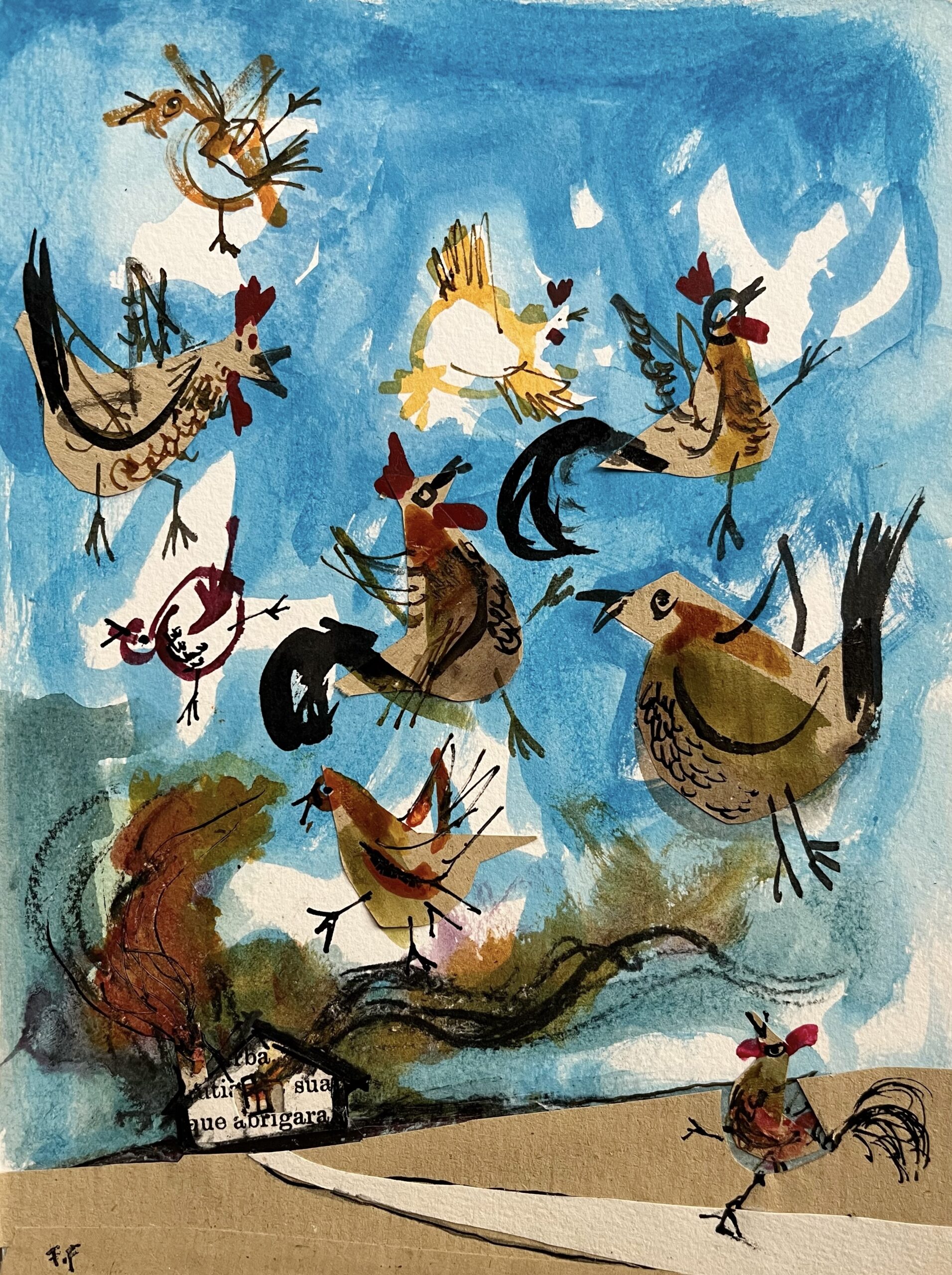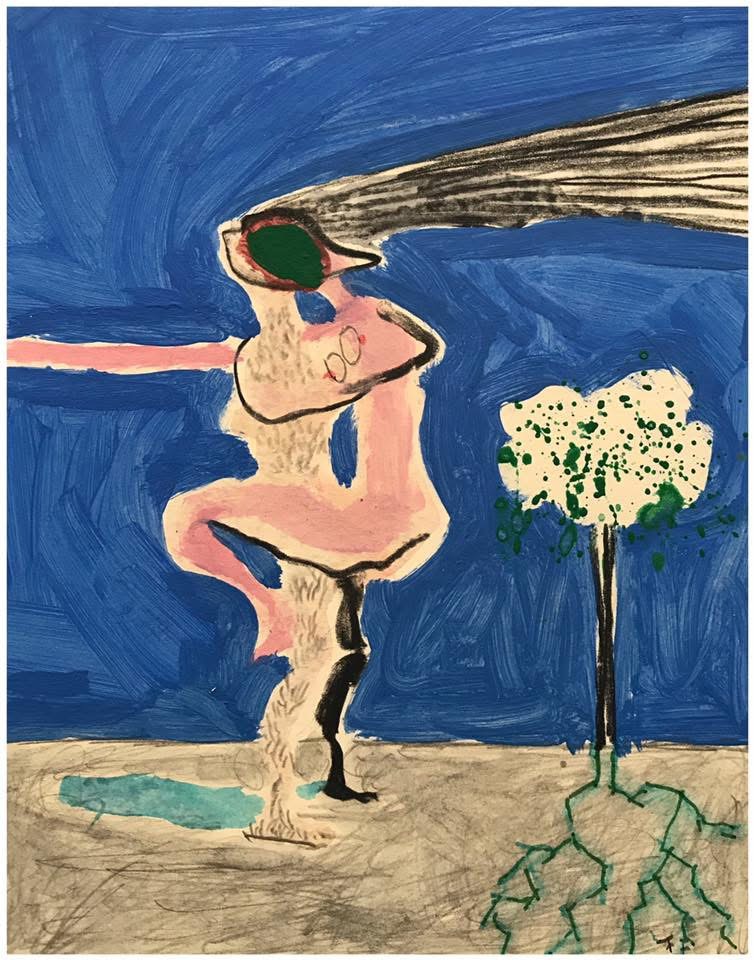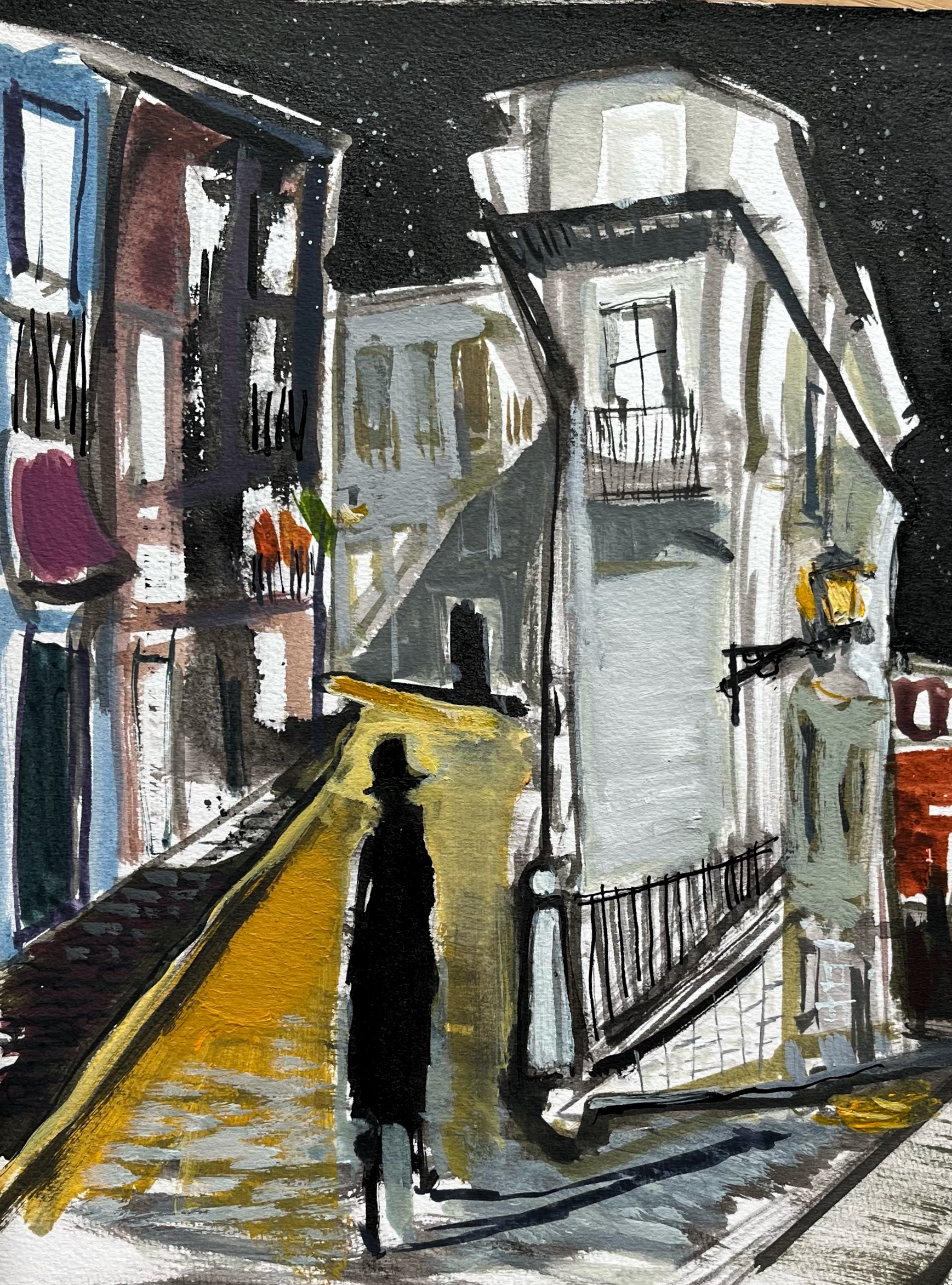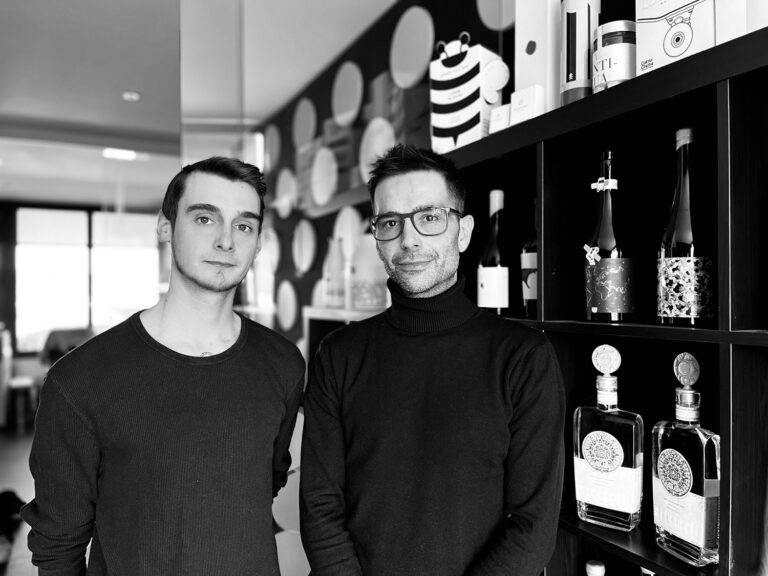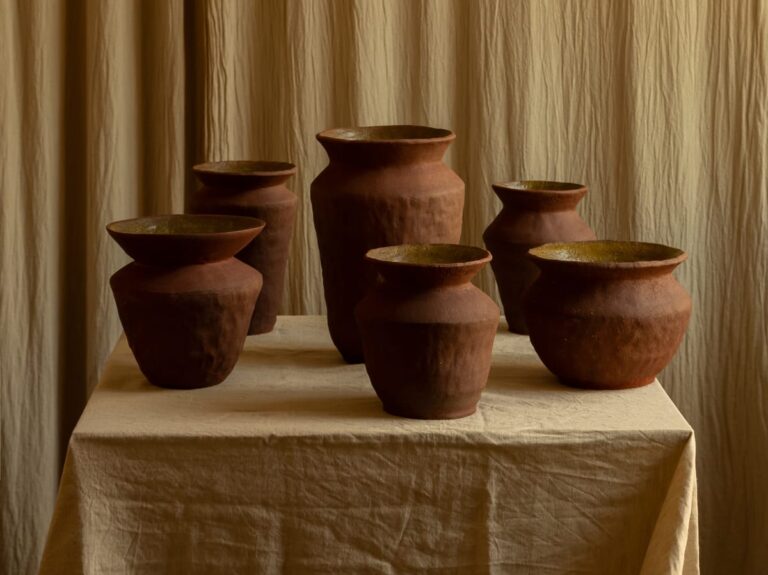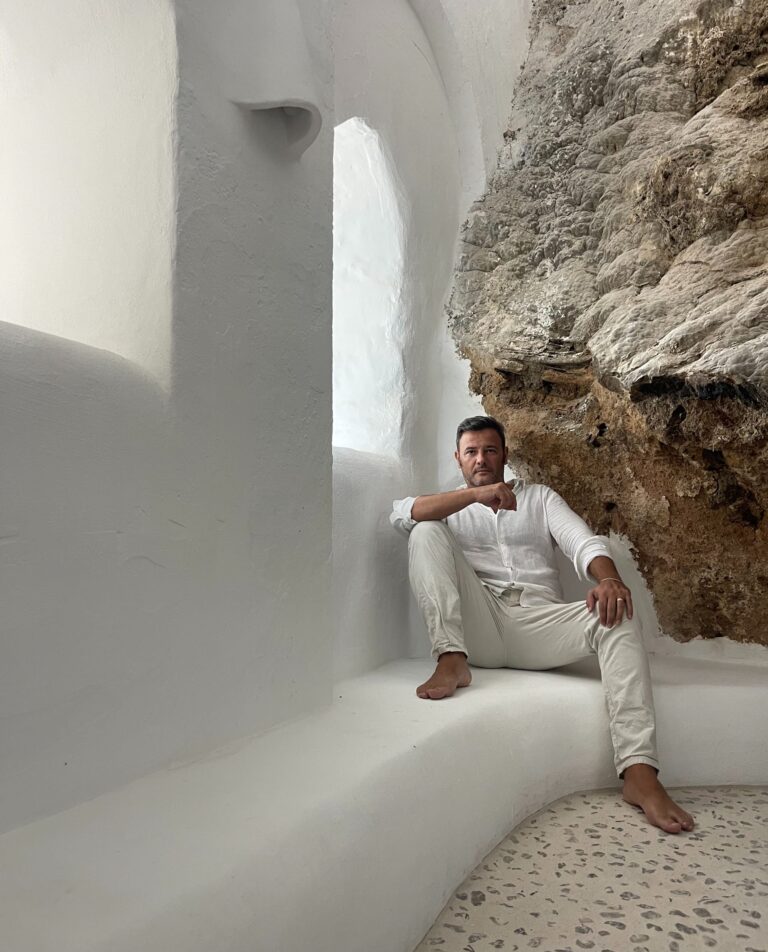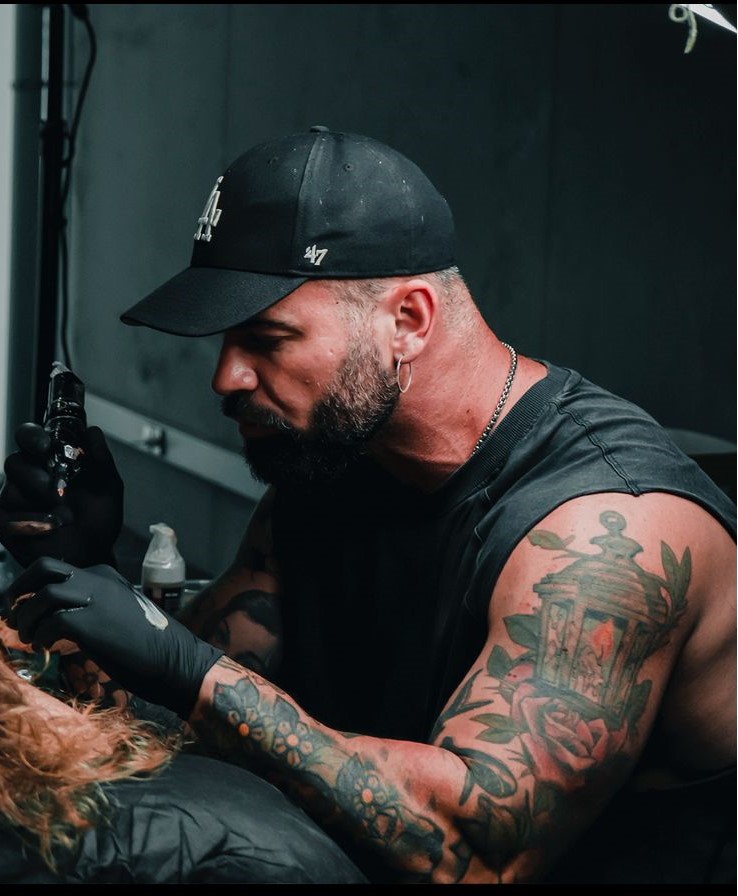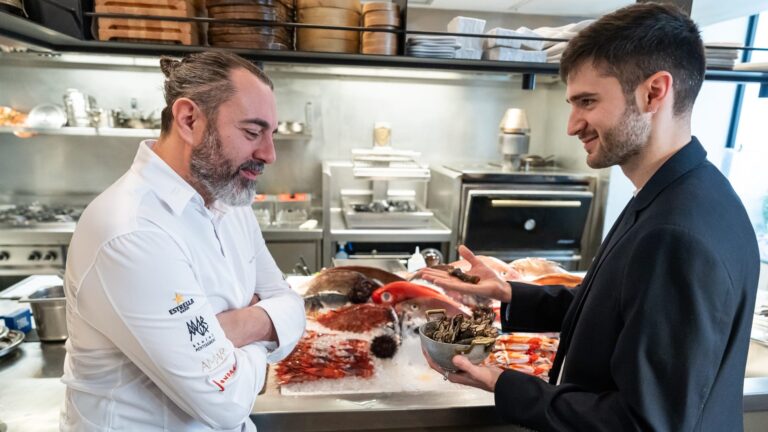Franz Frichard
From Ponferrada to Madrid via Salamanca. A Castilian path traveled slowly, like a Bierzo stew. This is the itinerary of this Ponferrada artist who, close to fifty years old, draws when he's wasting time. But when he's not wasting time, he creates "psychographies" of writers, paints poets, briefly recounts the history of memories, or makes a host of heteronyms await Fernando Pessoa. All of this can only be understood if you visit his work.
The background is often a metaphor, other times a tribute to those authors he loves. The path, always supported on canvas or paper, is the most expressive there is: drawings and prints, newspaper collages or scraps, Indian ink, various graphites, acrylic or oil colors... it doesn't matter. The important thing is that what he wants to say can be expressed in a minimalist format, whether with graphics or words.
And this is how he has interpreted the personalities of authors such as Walter Benjamin, Virginia Woolf, Miguel Hernández, María Zambrano, Robert Walser, Thomas Mann, and his favorite, Fernando Pessoa. He has read, admired, and offered a new interpretation of them from a craftsman's perspective, without losing their artistry, portraying them with a powerful visual force.
Today, Franz Frichard, the soul, idea, and protagonist of this project, tells us more about his work and his life:
Hello Franz, how do you define your artistic genre?
I don't believe in styles or genres. I believe in the character we develop in this adventure of life. If I had to define what I do, it would be a thought that, as soon as it is born, rebels, transforming into an emotion that takes on a life of its own and no longer belongs to me.
Who is Franz Frichard, and what are his diaries?
Franz Frichard is the most human part of all of us. Love as a source of knowledge. I am far from being Franz. I'm one of her characters. Her life and diaries are the only way I find to get closer to myself and not distance myself from the world.
What technique do you feel most comfortable working with?
I've always avoided techniques and materials. I use them because I have no other choice. If it were up to me, art would be reduced to an index finger drawing in the air.

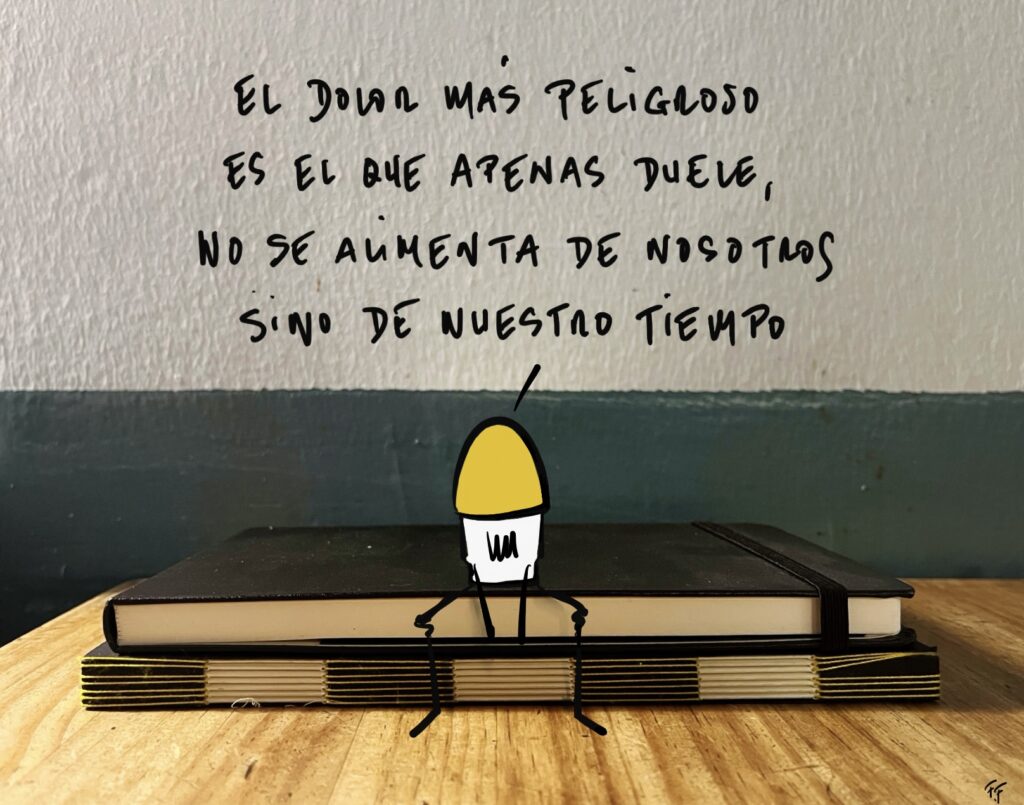
When you're not creating, what hobbies do you have outside of work?
Spending time with my partner on a Sunday afternoon watching a crime series where I don't understand anything (she's always the one who discovers the murderer), and of course, my other two passions: books and soccer.
Do you have a favorite spot in El Bierzo?
Yes, and I'm embarrassed to say it because it's an area of El Bierzo that I discovered very recently. It's the Valley of Silence. For me, without a doubt, one of the most magical places in Spain. That it's called the Thebaid and that more than a thousand years ago it was inhabited by hermits and anchorites fleeing the hustle and bustle of the world is very meaningful to me.
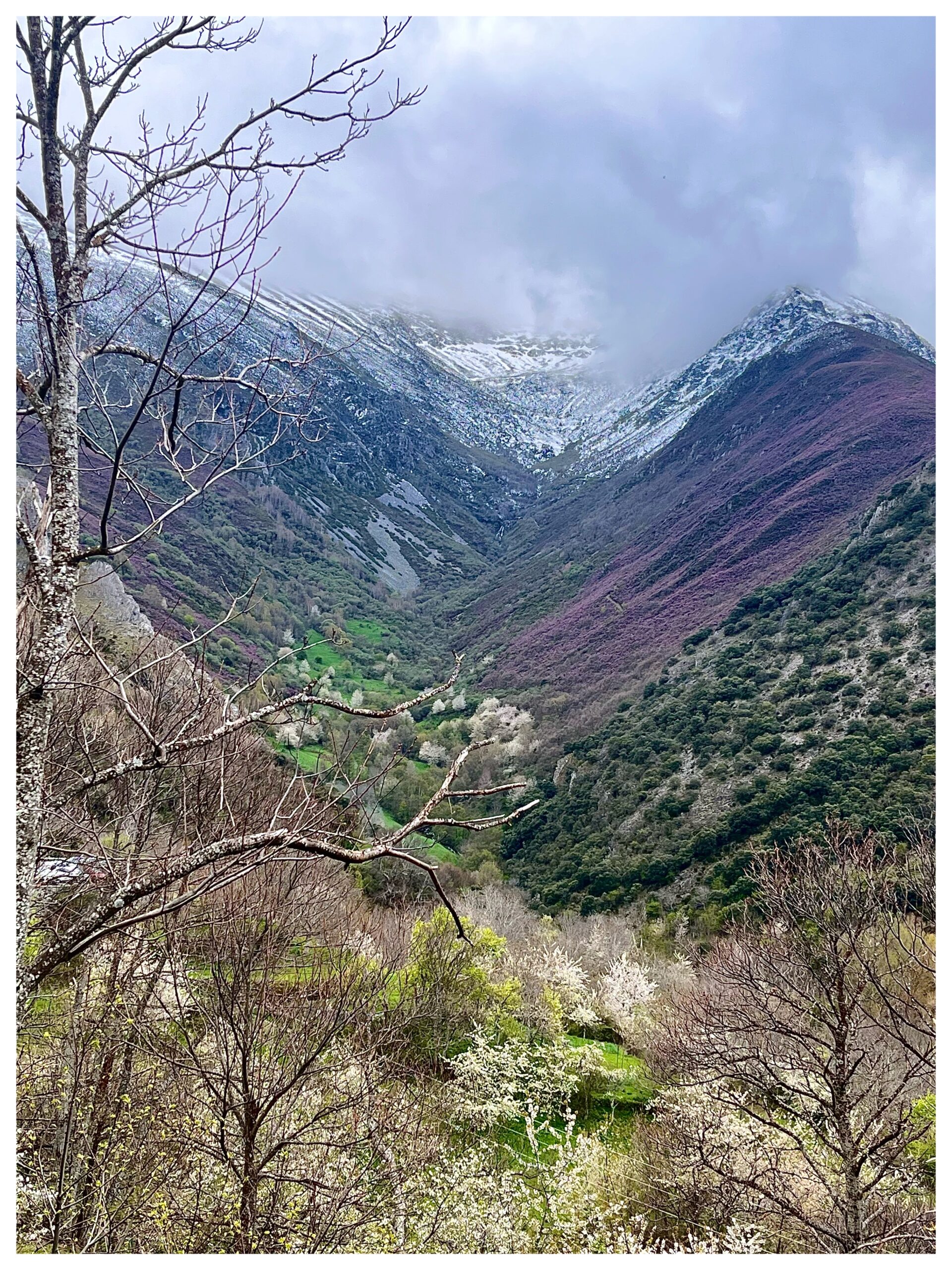
What is your source of inspiration for creating aphorisms?
For me, aphorisms emerge when I question myself from the darkness of everyday life. Sometimes, even when I wake up in the middle of the night. At that moment, I use it like someone counting sheep to fall asleep.
Fernando Pessoa is a key author in your work. If you could spend a day with him in Lisbon, where would he take you and what would you talk about?
We wouldn't speak to each other. I only know it would be an autumn night, with heavy rain, in which the sound of the storm would merge with the sound of the sea, and we would run through the streets like two lost children who have never stopped being lost.
Our previous guest, Fernando Oriol, left this question for the next guest: If you had to define your work, how would you do it?
Human. Full of errors that only seek beauty.
Do you know where in the world your most distant work is?
In the land of poets, Chile.
Do you have any unforgettable memories from any of your exhibitions?
One I did at the Tipos Infames bookstore in Madrid. I didn't tell anyone, and only Franz and I showed up. The combination of exhibiting and being alone was my great moment of freedom. Now, with time, I apologize to the bookstore staff, but I needed it.
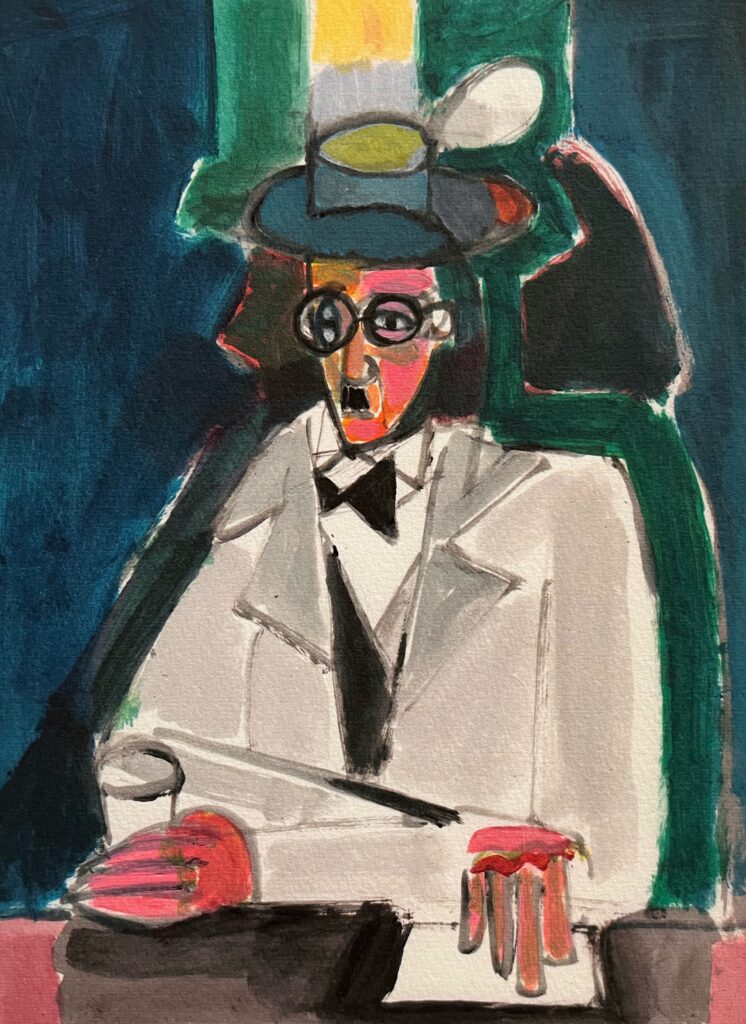
Can we somehow apply the word craft to your creative process?
Drawing, painting, writing... All are crafts. As Anaxagoras said, man is intelligent because he has hands.
Could you leave us a question for the next guest?
Which island would you take to a deserted book?

